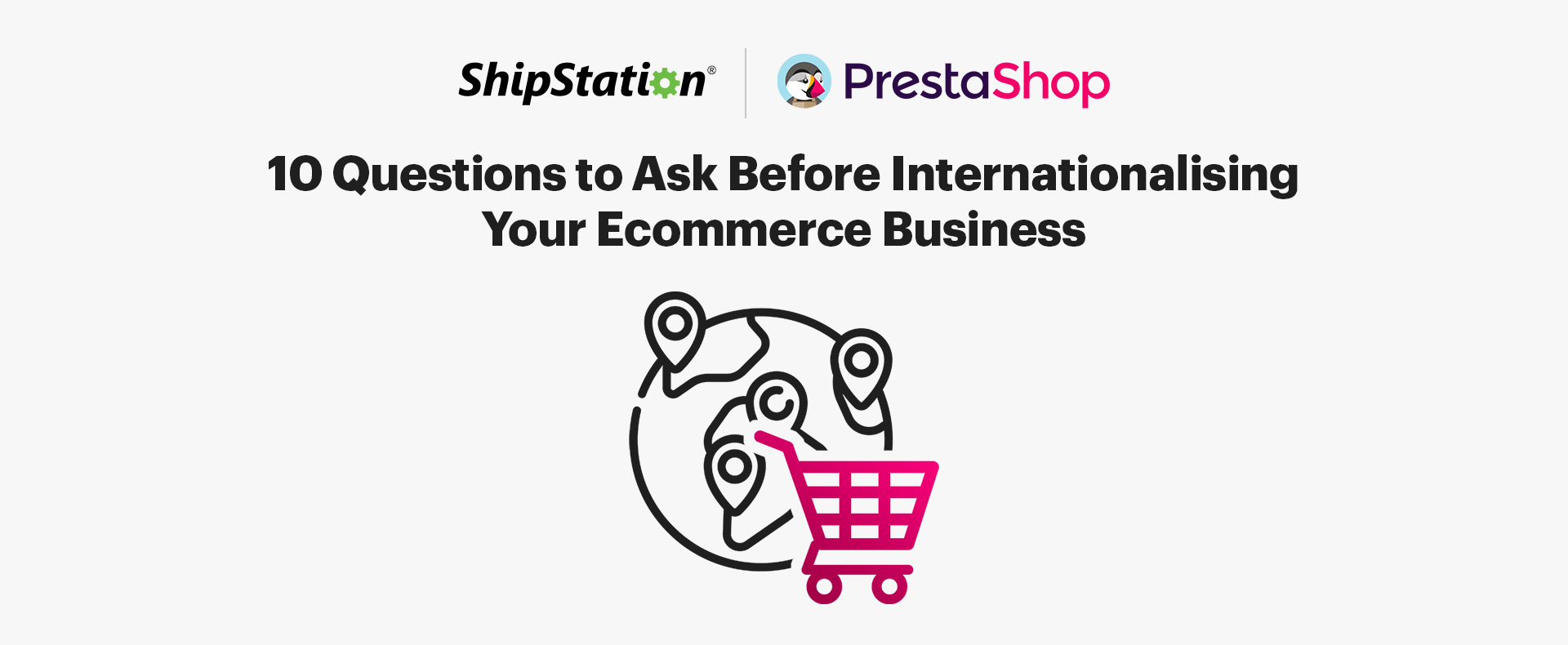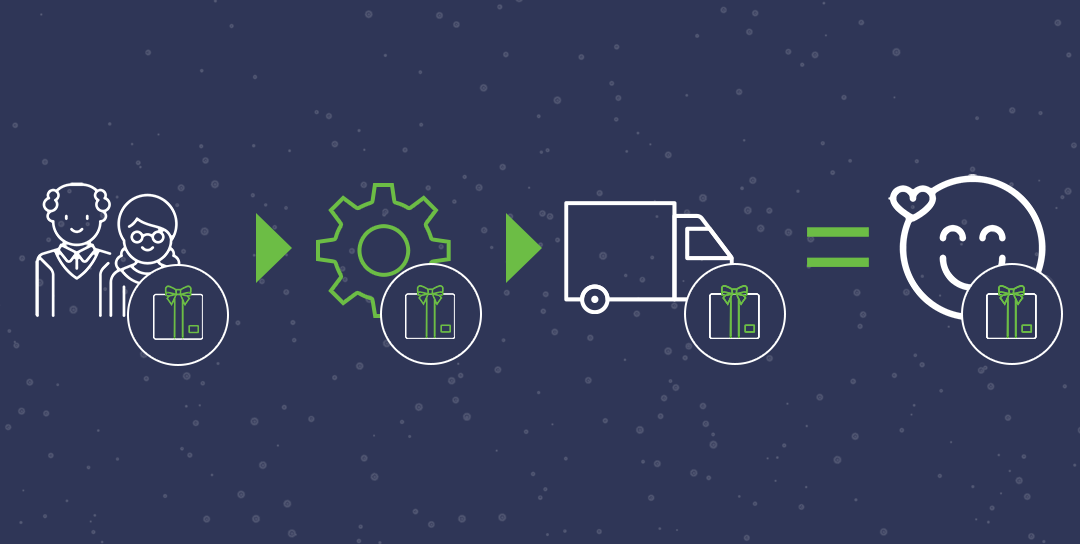Expanding Into International Markets Part 2: Key Things to Consider in Local Markets
Welcome to part two in our four-part blog series. We highlight what was covered in a recent webinar – which you can access on-demand – brought to you by experts from Lengow, Avalara, and of course, us here at ShipStation. Together, our three platforms can help you succeed in product feed management, cross-border duties and taxes, and shipping when expanding internationally.
Across this series, we explore the steps towards going global in new markets and essential business practices to consider.
Now you’ve considered deciding factors and choosing the right channels for international expansion in part one, it’s time to consider the local practicalities of expanding into a new region.
Key things to consider when expanding into a new market
Once you’ve figured out what markets to sell in and which channels to use, you need to consider local differences. People want to shop cross-border without it feeling cross-border. It is important to consider different cultures and their preferences when selling globally.
Language
It’s really important to focus on localised language when you are selling internationally. A survey of 8,709 global consumers in 29 countries by CSA Research found that:
- 65% of consumers prefer content in their language, even if it’s poor quality
- 40% will not buy from websites in other languages
Considering vocabulary differences is also important (e.g. pants vs. trousers). You need to be aware of different styles, expressions and slang to resonate with audiences and appear in search results.
Measurements are also something to consider; sizes, weights and volumes should all be adapted to local measurements.
Holidays and events
This is also something to be aware of when selling internationally. While Black Friday and Christmas are more or less similar across the world, marketing promotions should match the holidays and events that are popular in the target market.
For example, specific seasonal sales periods such as summer sales (which are an important cultural event in places like France) and January / February winter sales. Mother’s Day has different dates in the US and UK, for example.
You also need to consider seasons across the world, as you don’t want to be selling products out of season in different countries. This has an enormous impact on product catalogues and timings.
Native customer service and sales teams
When it comes to customer service and sales teams, it is a good idea to have contact information in the native language, such as a local email, local physical address and local phone number without the consumer incurring extra fees. As well as the right country code top-level domain (ccTLD) – e.g. DrMartens.fr versus DrMartens.co.uk.
Equally, it’s important to think about operating hours and time zones for the right brand image and customer satisfaction. There are marketplaces that demand local language, local sales and customer support teams.
Currencies and payment methods
Allowing customers to buy products in their local currency results in higher sales for merchants. It is beneficial to customers because it:
- Gives them instant familiarity
- Removes payment and conversion rate doubts
- Boosts trust and the seamless shopping experience
In fact, 39% of consumers expect that international brands enable them to pay in their local currency, according to a Tamebay study.
This is also a mandatory requirement for online retailers who want to sell on places like Google Shopping.
Every region also has its own preferred methods. If you want to expand globally, you want to consider payment options and preferences for your target region.
Here is a breakdown of popular ways to pay in different locations in 2019, according to Statista:
| Payment method | Americas | Asia Pacific | Europe | India |
| Credit / debit card | 82% | 71% | 69% | 73% |
| PayPal, Alipay, WeChat Pay, Union Pay, etc | 66% | 63% | 80% | 51% |
| Visa Checkout, Masterpass | 26% | 34% | 28% | 32% |
| Gift card, pre-paid card | 41% | 20% | 32% | 28% |
| Apple Wallet, Google Wallet, Baidu Wallet, etc | 11% | 20% | 10% | 32% |
Real-time payments through digital wallet options such as Apple Pay, Google Pay, Shop Pay, and PayPal are also increasing in popularity. The coronavirus pandemic sped up consumers’ adoption of real-time payment options by 41%. Global mobile payments rose to a historic high of 46% in 2020, too.
It’s also important to consider payment options like Cash on Delivery (CoD). While this isn’t so popular in North America, it is a top choice in Eastern Europe, India, Africa, and throughout the Middle East. And enabling direct debit is a must if your target markets include India, Africa, or Asia.
Technology is your best ally for cross-border selling
When expanding internationally, you want to focus on your business, not the tedious and complex processes often required before you can sell. There are many tools out there to effectively support merchants through changes, opportunities, and challenges they face.
ShipStation, Lengow, and Avalara can all help with things like:
- Automating processes
- Centralising operations
- Enabling you to expand into the right markets for your business
- Ensuring you are compliant in different countries
Watch the webinar on-demand, and stay tuned for our next post on shipping, delivery, and returns
Want to find out more about business practices to consider when expanding internationally? Access the free, on-demand webinar for a more detailed look.
Stay tuned for the next blog in this series, which goes through the key things to consider in terms of shipping, delivery and returns →
<!–[if lte IE 8]><![endif]–> hbspt.cta.load(1746827, ‘b7aa890d-57bb-4b74-8f74-7168ec0cdd5f’, {“region”:”na1″});
hbspt.cta.load(1746827, ‘b7aa890d-57bb-4b74-8f74-7168ec0cdd5f’, {“region”:”na1″});





